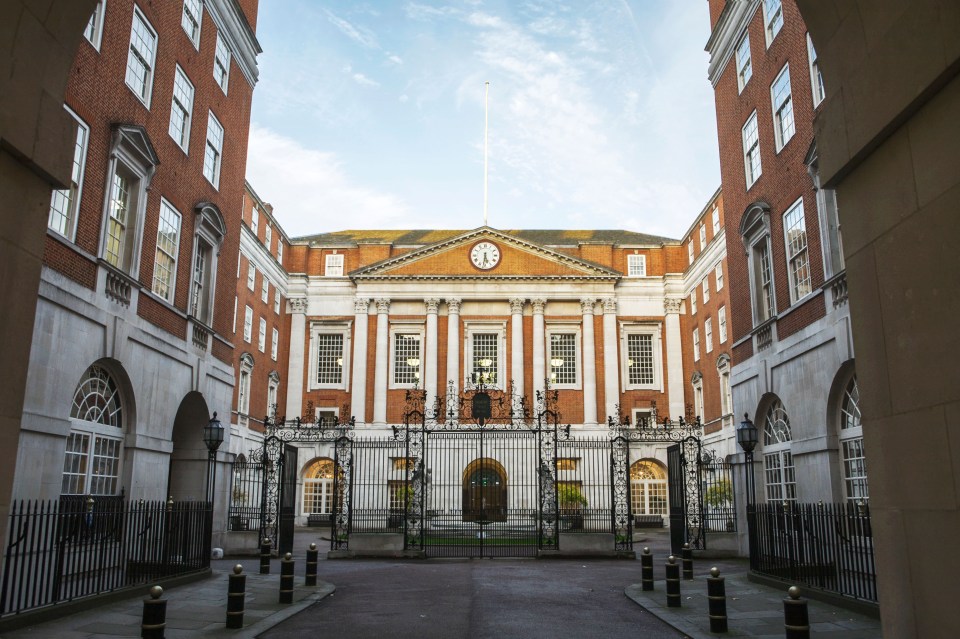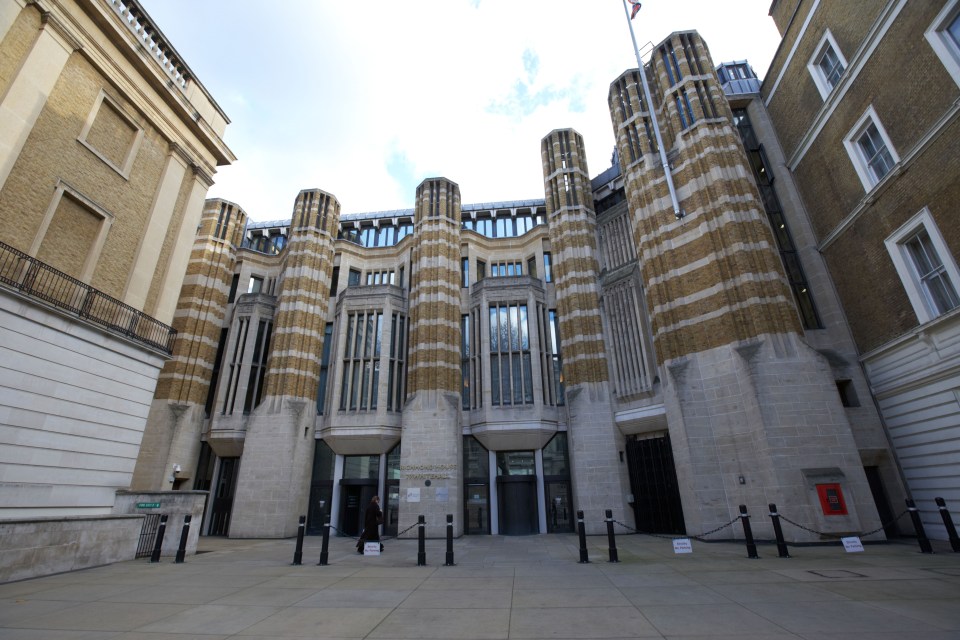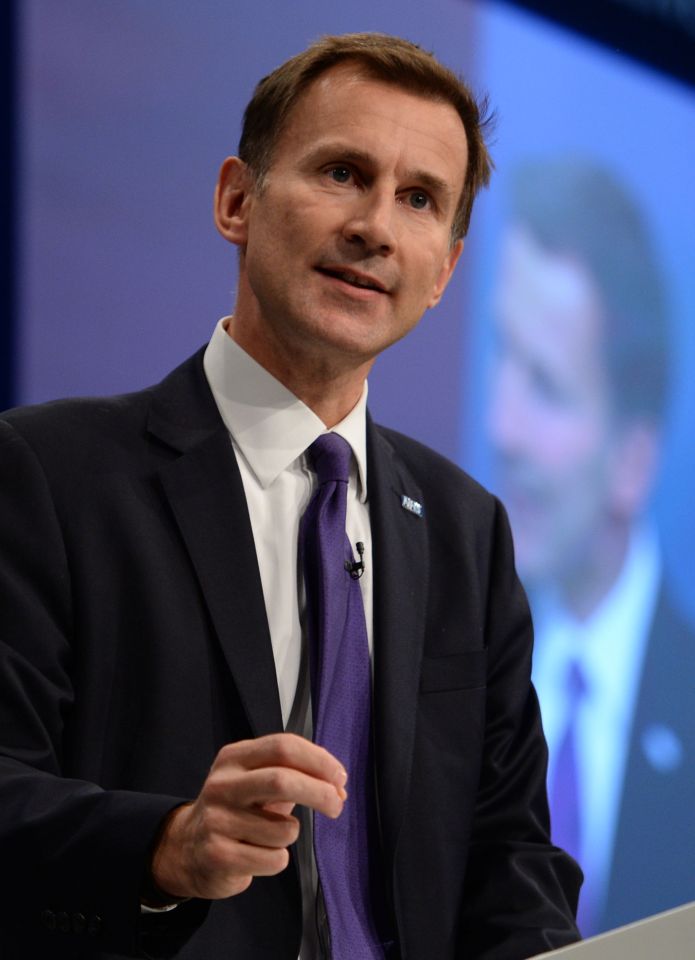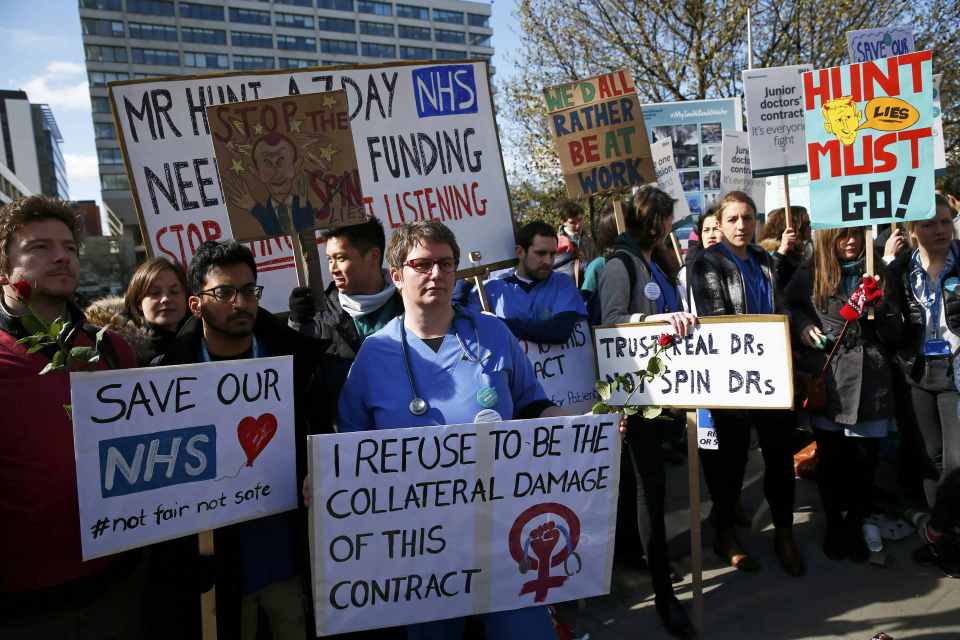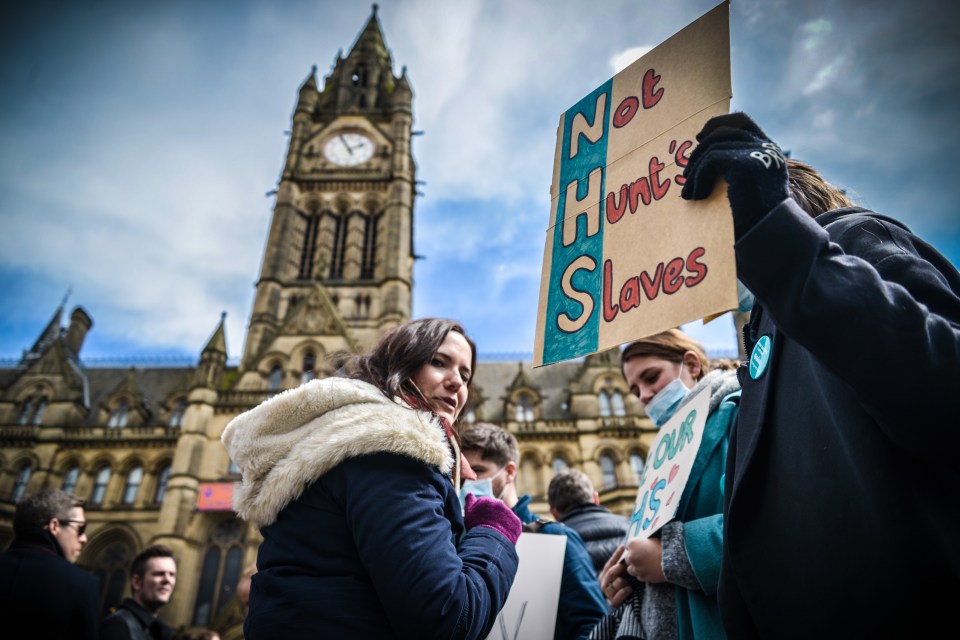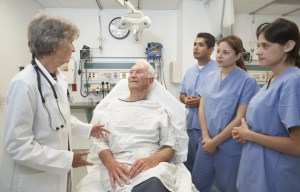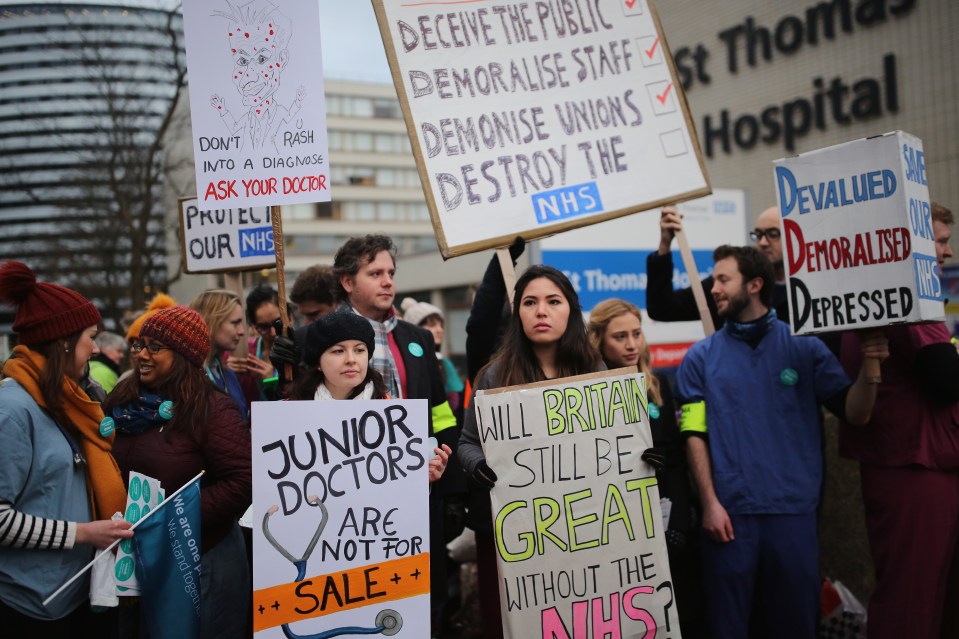GPs plot NHS chaos with walkouts and resignations even after they’re promised an extra £2.4 BILLION in funding for surgeries
The British Medical Association feels current NHS spending limits are 'unsustainable' and has considered radical action to demand more investment
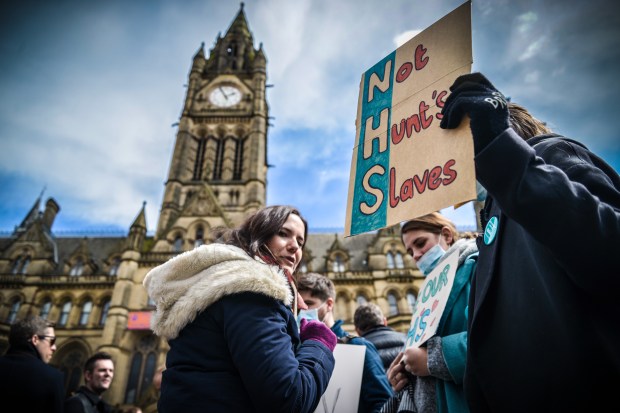
MILITANT GPs plotted strike action and mass resignations amid anger over funding for family surgeries.
Secret documents seen by The Sun on Sunday show family doctors are being surveyed over working conditions in GP centres.
The British Medical Association - which backed controversial Junior Doctors' strikes - plans to oppose a new five-year funding plan by NHS England called the General Practice Forward View.
While the Royal College of General Practitioners backs the programme - which will see a further £2.4 billion spent on general practice services - the BMA does not believe it is not enough money.
And in a bid to force the government into spending more money, the BMA and GPs have discussed a one-off three day strike action.
Another course of action considered was monthly three-day strikes.
BMA chiefs are also proposing that each GP writes an undated resignation letter that can be actioned together at any time if the Department of Health does not bow to their demands.
The General Practice Council (GPC) has been working with NHS England on a "support package" since January. The General Practice Forward View was published in April.
But many GPs are unhappy with it and moves to stop them getting paid extra money for certain procedures such as removing small lumps and growths.
A document from a BMA Council meeting says: "The GPC discussed its response to the conference resolutions including the implications for undated resignations and industrial action in light of a detailed risk analysis report.
"The recommended course of action was to work with NHS England as well as a plan for a consultative survey or ballot of the profession.
"The survey would assess GPs' willingness to submit undated resignations or take industrial action in the event of there being a failure in implementation of key elements or if the pressures in General Practice do not improve.
"The chair of the GPC acknowledged that there were some challenges with taking the action suggested whilst retaining the full support of the profession.
"He mentioned the need to be alert to the position of vulnerable practices and the need to undertake a major exercise to inform the public of the risks associated with the Five Year Forward View."
The minutes of the meeting - which took place at the BMA's HQ in Tavistock Square, London - went on: "Council discussed their views on the appetite for industrial action, the need to provide a united front and present solutions the whole profession could unite behind.
"The current spending limits on the NHS were unsustainable was the main message."
A BMA source said the consultation with GPs had been going on since June, and was likely to continue for two months. The meeting took place in July.
The source said it is taking a long time because - unlike Junior Doctors - there is not infrastructure in place that allows GPs to be easily surveyed.
But feedback suggested family doctors had ruled out undated resignations as these would be written to the NHS, which does not directly employ GPs.
It was revealed last September that average GP pay had dipped below six-figures - to £99,800 - for the first time in a decade.
Many GPs are said to be unhappy at being asked to do more work for the same pay and some medics are saying it is time to make a stand against cuts.
But our BMA source said: "There is no doubt that GPs going on strike would cause complete chaos and misery for patients.
"The GPs are the front line in helping the public and any strike would have huge knock-on effects throughout the whole NHS.
"One of the reason GPs in the BMA backed the Junior Doctors strike was to get their support in their own pay negotiations.
"They are also concerned about how overstretched front line services have become with more patients coming to the same surgeries."
GPs used to get paid extra for performing services such as very minor surgery, like removing small lumps, they are now expected to perform these tasks as part of their set rate per patient.
Our source added: "At the moment GPs get paid about £140 per patient with an additional amount for older patients.
"As part of this, as well as the consultation, they are have to perform certain tasks such as taking blood pressure.
"But the Government is trying to get them to provide more services for this one off fee that they used to get money for.
"For instance they used to get paid more for fitting contraceptive implants, or minor surgery such as removing varicose veins.
"GPs do have some valid points but they would struggle convincing the public that strike action would be a good idea and that it is not all about money."
related stories
The five-year Forward View will raise spending on GP services from £9.6 billion in 2015/16 to more than £12 billion in 2021.
It aims to add a further 5,000 GPs across England in five years and boost support for family doctors with stress and burnout.
But many GPs are unhappy with the voluntary contract included through which they are expected to carry out extra work.
Doctors have also complained about an increased workload and often only having 10 minutes to see each patient.
Junior Doctors have staged a series of one and two-day walkouts this year, but postponed a five-day strike in September after we revealed less than five per cent of medics backed it.
Five-day walkouts are due to take place in October, November and December.
And our source added: "The Junior Doctors' strike and now this possible one by some GPs shows how militant the BMA has become."
Yesterday a BMA spokeswoman confirmed grassroots GPs were being surveyed this month.
But she added: “A strike is not on the cards, we have moved beyond that.
“The survey will be asking GPs for their views on future negotiations with the government – but not about industrial action.”



